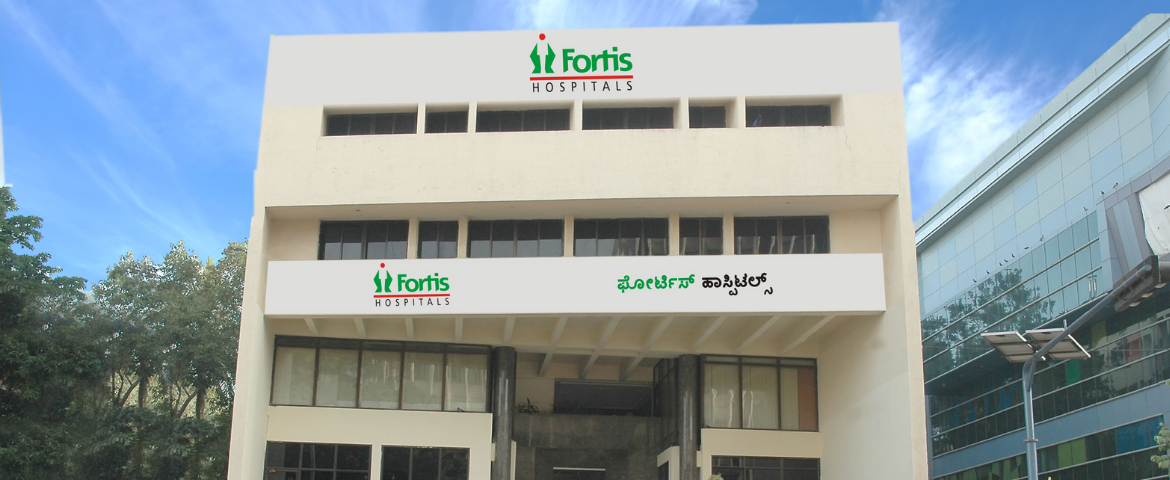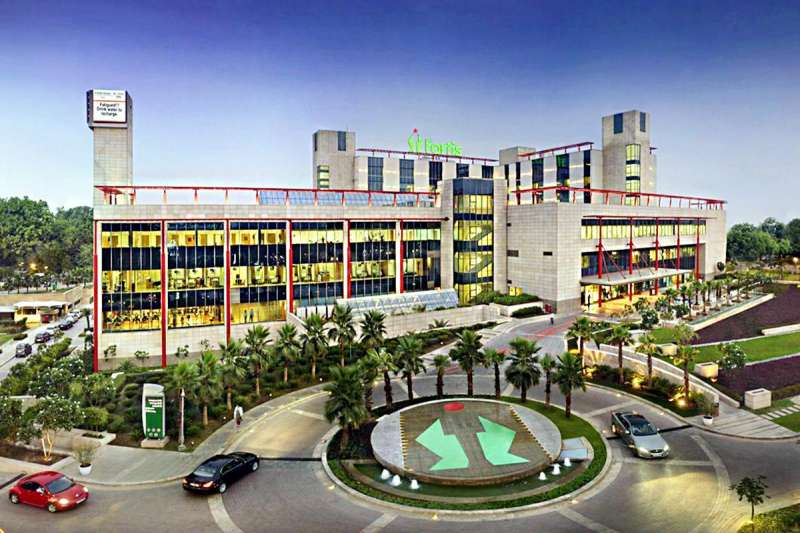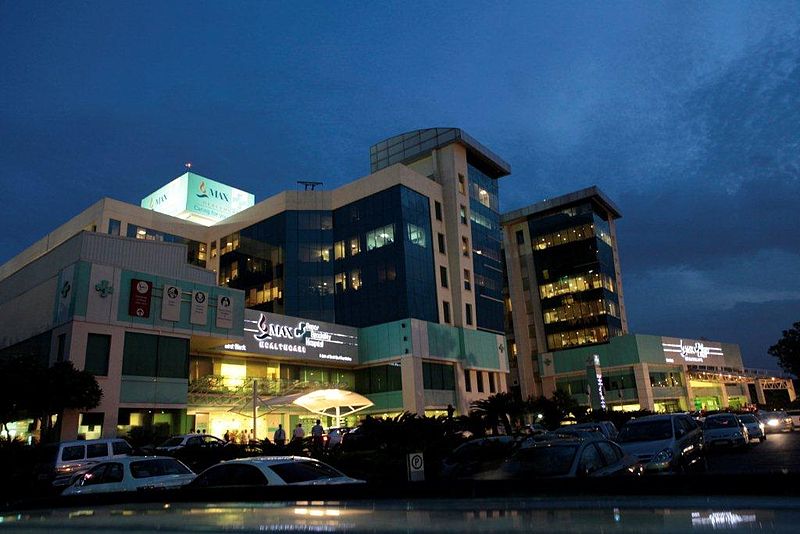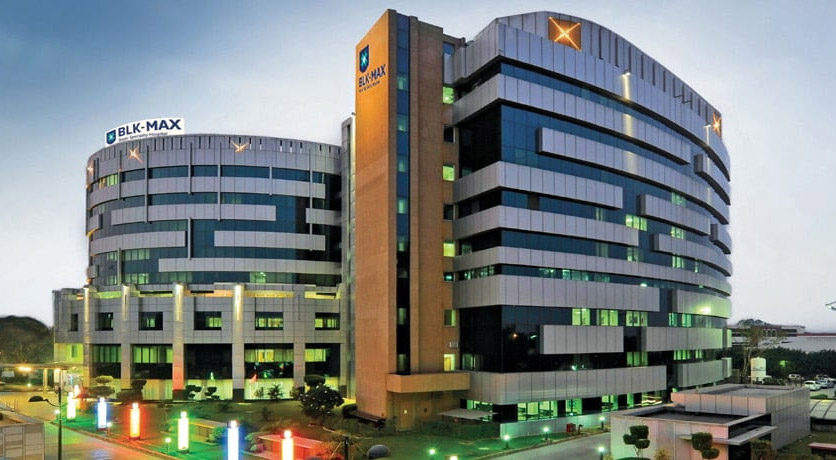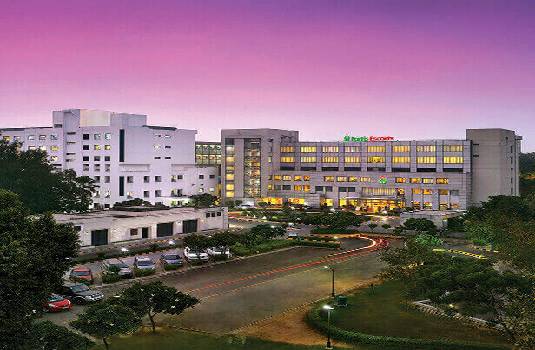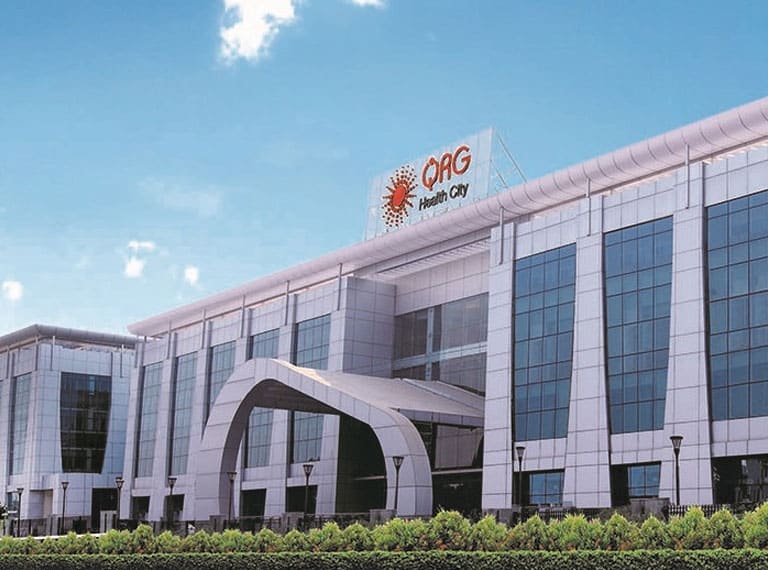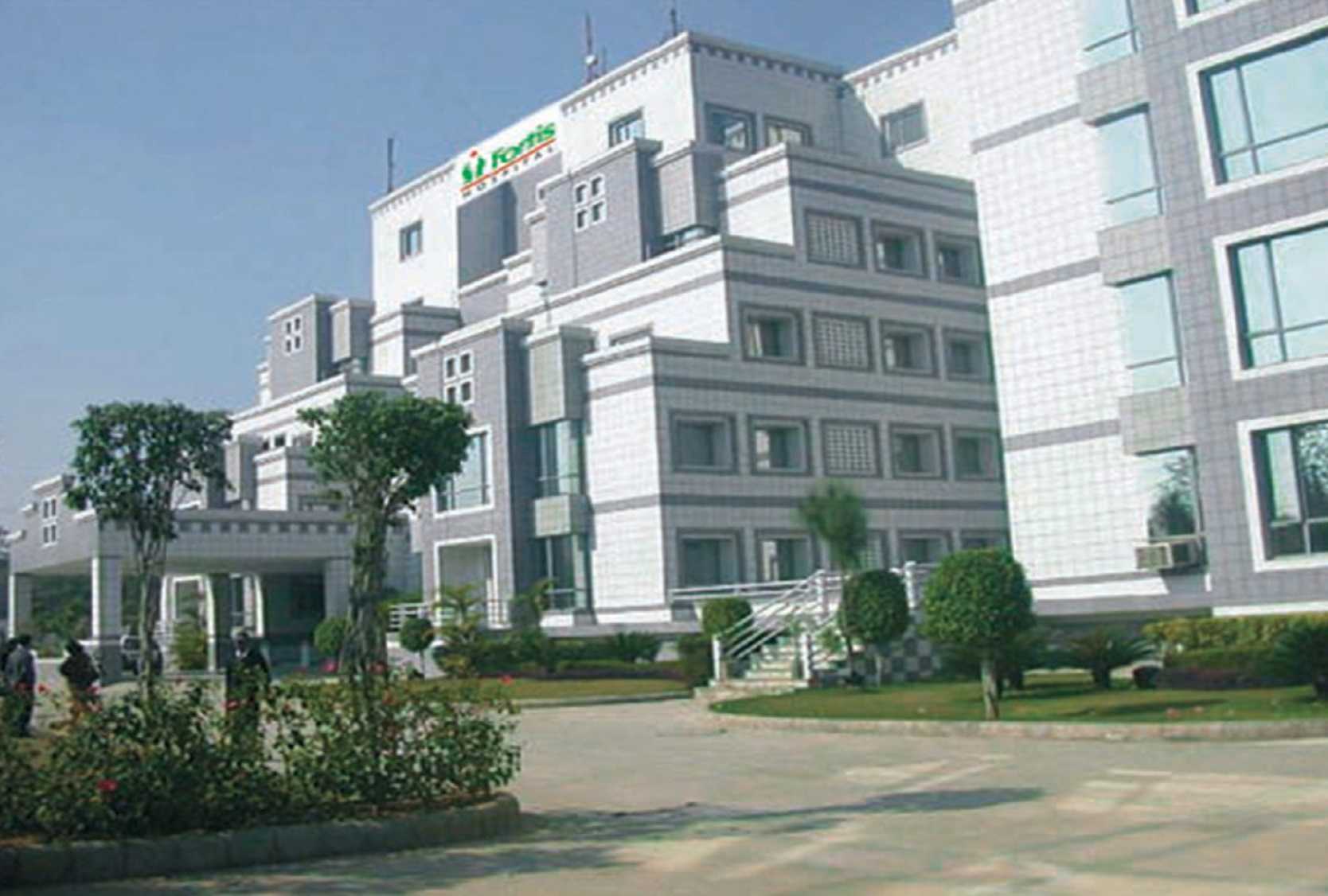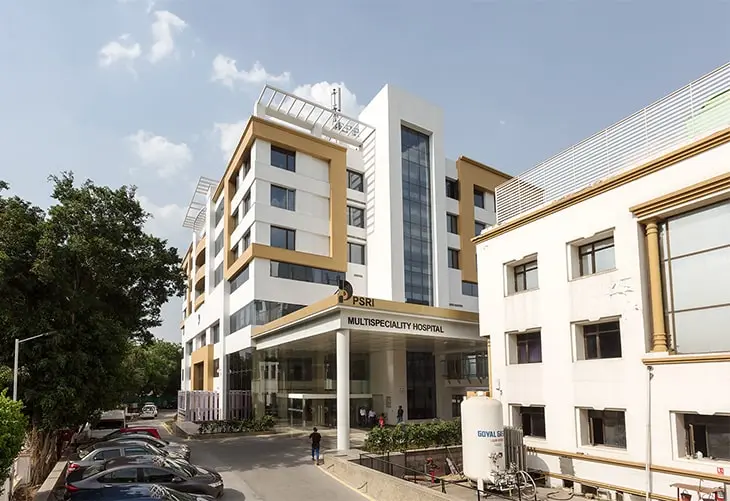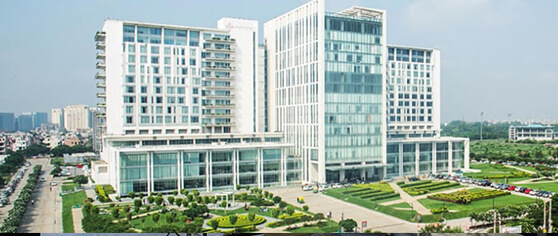Cost of Haematology Surgery in India
Haematology In India:
The scientific field of hematology studies diseases of the blood and lymphatic systems. These conditions may be non-cancerous or malignant. A variety of diagnostic methods must be used to identify these illnesses and determine the appropriate course of treatment.
A hematologist is typically consulted for the following blood-related disease:
1- Anemia: A disorder characterized by a person's low red blood cell count.
2- Deep vein thrombosis: This condition causes clots to form in blood vessels.
3- Blood malignancies include multiple myeloma (white blood cell cancer), lymphoma (lymph node cancer), and leukemia (bone marrow cancer).
Sepsis: an infection-related condition
4- Coagulopathy: bleeding conditions that impair the body's capacity to coagulate blood.
5- Hemophilia is a type of coagulopathy, a hereditary condition affecting blood clotting.
6- Red blood cells that have sickle cell disease develop abnormalities and alter in form.
7- Thalassemia: also known as erythropoiesis, is a condition in which the body produces insufficient amounts of hemoglobin
8 -Von Willebrand's disease is a bleeding ailment caused by a lack of von Willebrand factor, a blood protein, in the body.
The following diagnostic tests and procedures are included in the field of hematology:A- Complete blood cell count (CBC): This blood test aids in the diagnosis of blood cancer, inflammatory disorders, and anemia. Monitoring blood loss and infections is another benefit of CBC.
B- Platelet count: It aids in the diagnosis and surveillance of bleeding diseases.
C- Blood enzyme testing: Depending on the enzyme being examined, there are several kinds of blood enzyme tests. Heart attacks and other cardiovascular disorders can be diagnosed with these tests.
D- Bone marrow biopsy: During this operation, a sample of bone marrow is removed by the doctor in order to look for any abnormalities. This can assist in the diagnosis and screening of specific cancers as well as illnesses like anemia, thrombocytopenia (low Platelet count)
E- Blood transfusions: This type of treatment entails giving the body healthy blood intravenously (IV).
F- Bone marrow transplant: In this medical process, the patient's bone marrow is removed and replaced with blood forming cells that can produce blood. This is a possible treatment for cancers including leukemia and myeloma as well as several blood and marrow abnormalities like sickle cell anemia.Based on the patient's diagnosis and condition, the following bone marrow transplant types are available and advised:
Autologous bone marrow transplant: Following chemotherapy, the patient's own blood forming cells are extracted, preserved, and subsequently employed.
Transplanting allogeneic bone marrow: The donor of the blood forming cells is genetically similar (HLA identical).
Haploidentical bone marrow transplant: The donor's blood forming cells are derived from a half-matched genetically identical donor, typically a parent, sibling, or mother.
G- Radiotherapy
H- Immunotherapy
Haematology treatment cost ranges from 3000$ to 27000$.
Popular Hospital & Clinic
Featured Hospital
10 Hospitals
50
DOCTORS IN 35 SPECIALITIES
20+
FACILITIES & AMENITIES
37
DOCTORS IN 33 SPECIALITIES
20+
FACILITIES & AMENITIES
53
DOCTORS IN 34 SPECIALITIES
20+
FACILITIES & AMENITIES
17
DOCTORS IN 33 SPECIALITIES
20+
FACILITIES & AMENITIES
19
DOCTORS IN 33 SPECIALITIES
20+
FACILITIES & AMENITIES
5
DOCTORS IN 22 SPECIALITIES
20+
FACILITIES & AMENITIES
52
DOCTORS IN 33 SPECIALITIES
20+
FACILITIES & AMENITIES
46
DOCTORS IN 34 SPECIALITIES
20+
FACILITIES & AMENITIES
8
DOCTORS IN 33 SPECIALITIES
20+
FACILITIES & AMENITIES
52
DOCTORS IN 33 SPECIALITIES
20+
FACILITIES & AMENITIES

